7 Comments
Clark Burt
10/11/2023 02:10:44 am
The problem with the raman analogy is that there is no one 'best raman.' Certainly some are better than others, but even the most discerning may have different best ramans. Not the case between God's definition of good and evil. Good is the righteousness of God, and anything that turns us from His righteousness is evil. It has to be this way, otherwise we would argue what is the best good.
Reply
David
10/11/2023 07:25:53 pm
Great question..."If all we needed was knowledge, then why is mortality necessary at all?"
Reply
Tim Merrill
10/12/2023 10:39:11 am
David, I love that Emerson quote. I once wrote a blog using Emerson's Divinity School address as its inspiration (in case you haven't read it):
Reply
Clark Burt
10/13/2023 02:56:18 am
I find this post both edifying and challenging. Can we really know without experiencing? Didn't Eve tell Adam before they left the garden that it was better for them to know the difference between good and evil, and then after they were in the world, she told him that it was better that they knew the difference? The first time she thought it would be better, but after experiencing what they did, she knew it was better.
Reply
Tim Merrill
10/19/2023 10:33:02 am
Clark, what an insightful way you've framed the challenge we have with discernment: what is "knowing"? What does it really mean to "know" the only true and living God? How do we "experience" Christ? I think one of the main reasons our discernment-bone needs recalibrating is that we have imagined we "know" when we do not; we think we've "experienced" something but have barely scratched its surface; we assume rather than judge righteously; and the result?
Reply
L
10/14/2023 06:02:13 pm
I like to think of mortality as the ‘great deep’ that the Brother of Jared described. Considering all the storms, the perils, the darkness, the tribulations, etc, I think that one of the purposes of mortality includes. experiences. But as I see it, the main experience of mortality is to fight my way through and chose Jesus, just like I did before. I don’t remember how the great deep I’m experiencing now compares to what life was like before in that other existence, but it sure is tough. I’ve fought my way to His side and pleaded with Him to be my light and guide me to safety. Now I follow Him and seek to remain close to Him. I’ve worked on developing a personal relationship with Him because, how else do I think He can finally accept me and say, “Enter into My kingdom, you know Me and I know you.”
Reply
Tim Merrill
10/19/2023 10:40:47 am
L, I love your comparison of mortality to the "great deep." Thinking of the cold, dark waters that lie at the bottom of the ocean (which is one kind of great deep), finding our way without floor or ceiling through the endless water -- it gives rich meaning to words spoken to the Brother of Jared:
Reply
Leave a Reply. |
AuthorTim Merrill Archives
July 2024
|
|
|
© COPYRIGHT 2019 - 2024
|

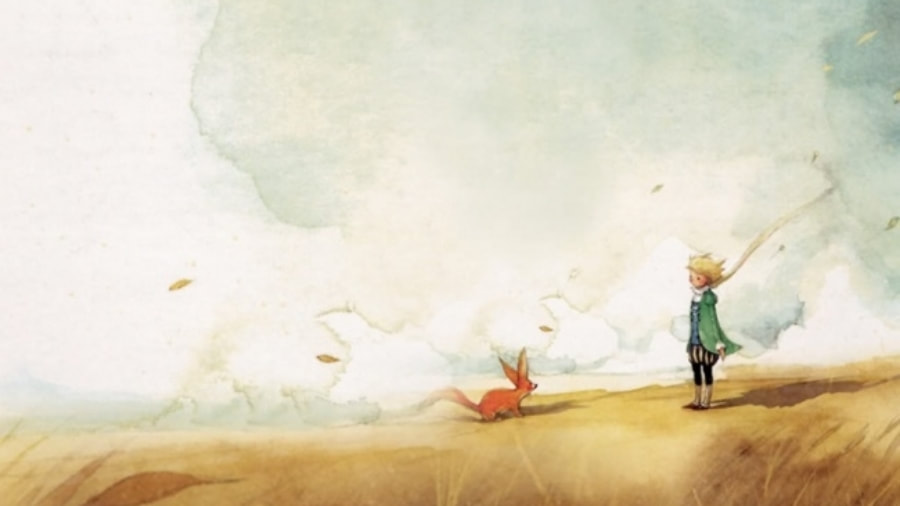
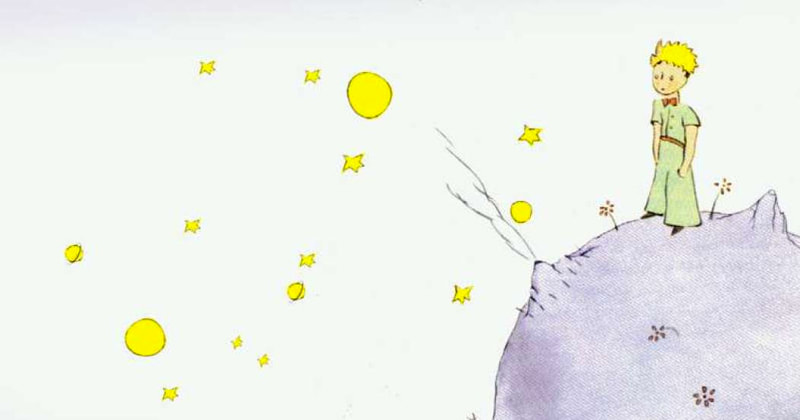
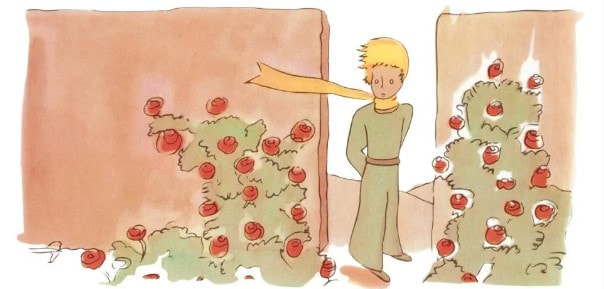
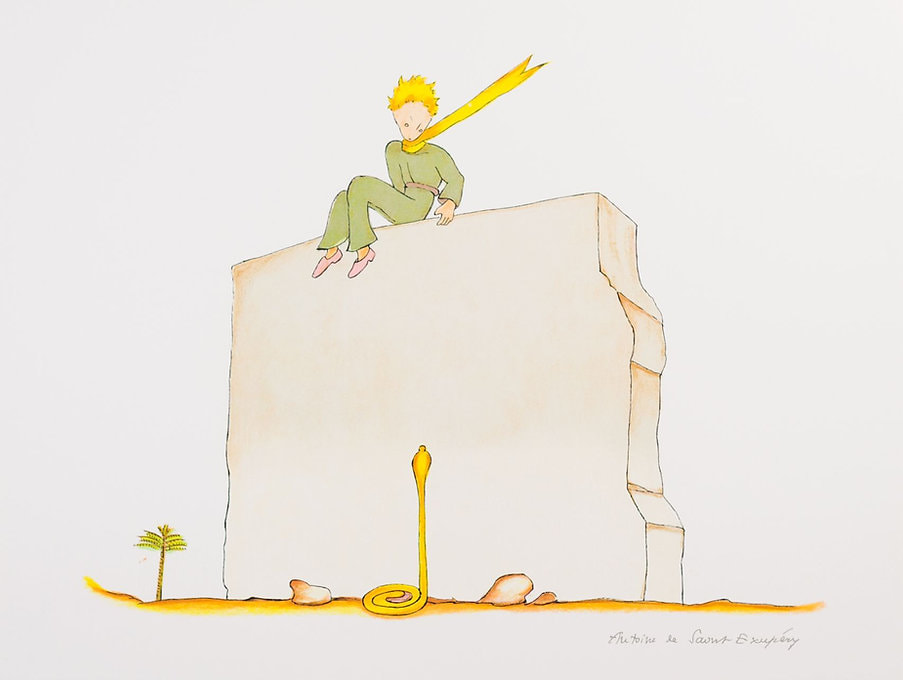
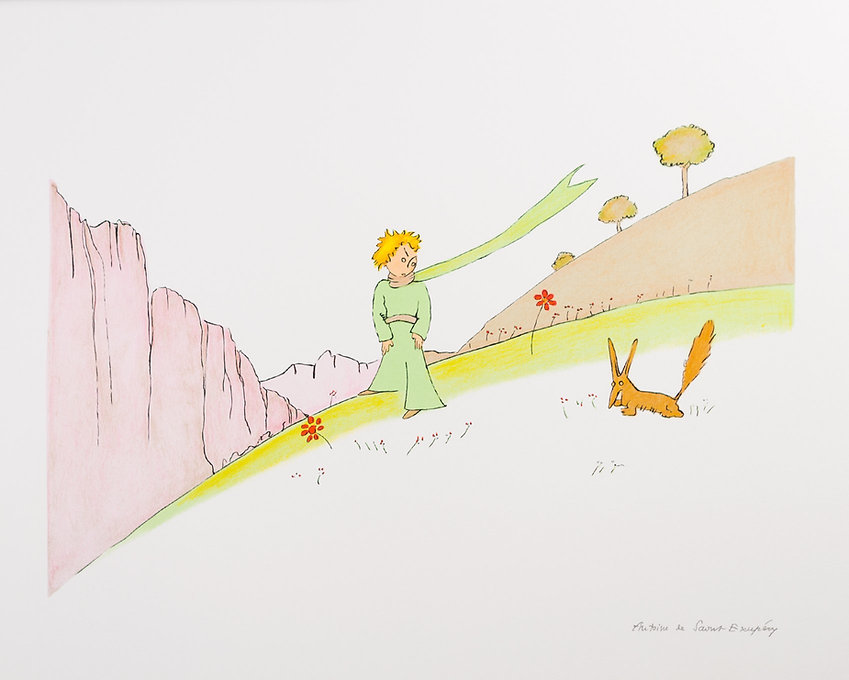
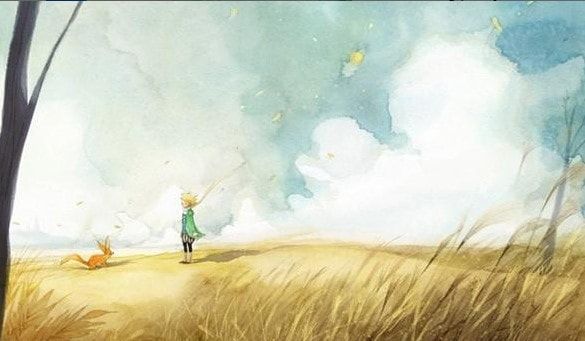
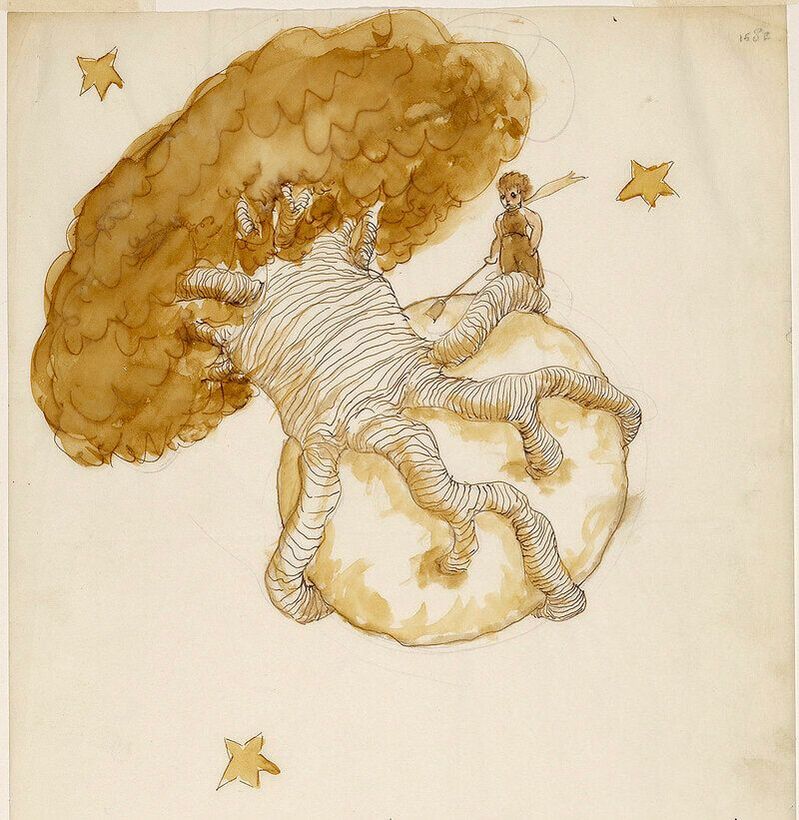

 RSS Feed
RSS Feed